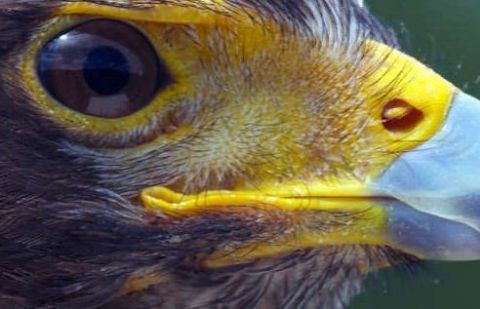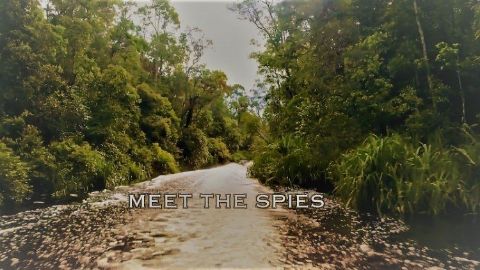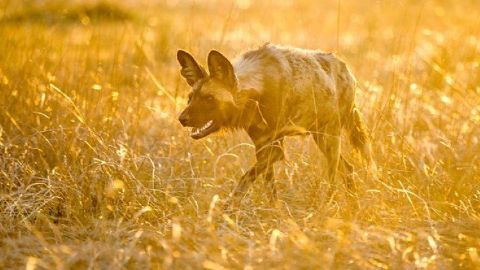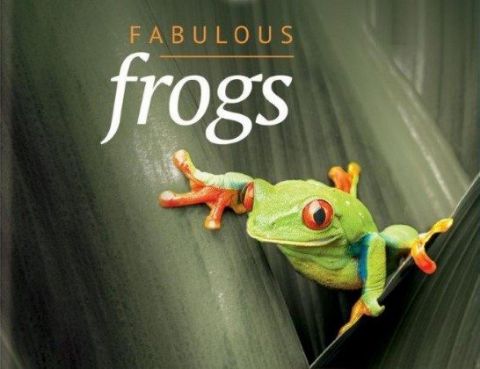Defying Gravity • 2016 • episode "S1E1" • Life in the Air
With the help of some surprising creatures from around the world, this series sets out to discover how animals take to the air, defying the force all airborne animals must conquer, gravity. Part 1: Defying Gravity In Africa, a caracal's 'rocket-propelled' launch enables it to catch birds in flight. In the Australian outback, a kangaroo's hop is key to finding water in a desert of over a million square kilometres. On an English farm, an insect's ultimate ejector seat accelerates it to 700G with help from a clutch in its crotch. And high above the jungles of Borneo, a leaping snake's unique shape allows it to glide, even without wings.
Make a donation
Buy a brother a hot coffee? Or a cold beer?
Hope you're finding these documentaries fascinating and eye-opening. It's just me, working hard behind the scenes to bring you this enriching content.
Running and maintaining a website like this takes time and resources. That's why I'm reaching out to you. If you appreciate what I do and would like to support my efforts, would you consider "buying me a coffee"?
Donation addresses
BTC: bc1q8ldskxh4x9qnddhcrgcun8rtvddeldm2a07r2v
ETH: 0x5CCAAA1afc5c5D814129d99277dDb5A979672116
With your donation through , you can show your appreciation and help me keep this project going. Every contribution, no matter how small, makes a significant impact. It goes directly towards covering server costs.








